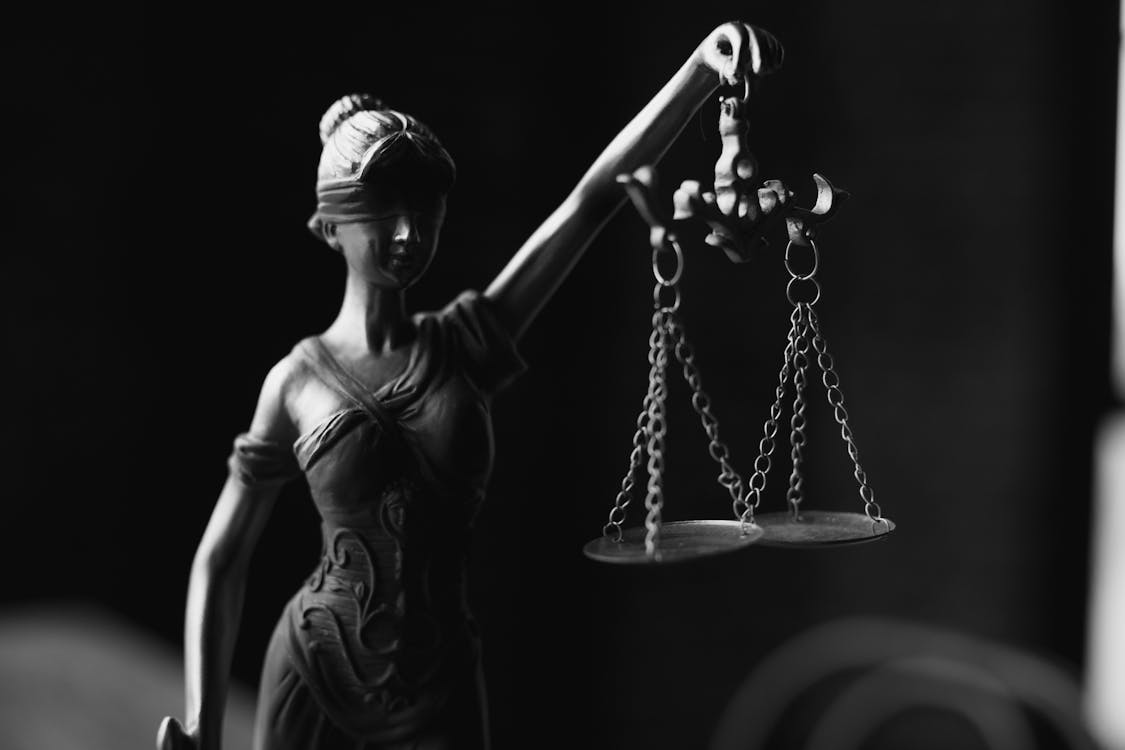Can AI Meet Ethical Standards in Legal Work? A View from the Singapore Bar
Explore practical insights on how Singapore lawyers can ethically integrate AI into legal practice, balancing innovation with professional responsibility.

Introduction
Artificial Intelligence (AI) is rapidly transforming legal workflows—streamlining tasks such as contract drafting, due diligence, research, and even initial advisory work. In Singapore, law firms increasingly embrace AI as an essential productivity tool, not unlike how cloud technology and email transformed legal practice years ago.
Yet, the integration of AI in legal practice raises a critical question for Singapore lawyers:
Can AI be aligned with lawyers' ethical obligations under the existing regulatory framework?
This article addresses this fundamental concern and provides practical guidance on ethically integrating AI into your practice.
Ethics in Legal Practice: What Singapore Lawyers Need to Know
Singapore’s ethical standards for lawyers are primarily defined in the Legal Profession (Professional Conduct) Rules 2015. While these rules do not directly reference AI, they highlight several fundamental principles relevant to its use:
- Competence and diligence: Lawyers must deliver competent, thorough legal work.
- Client confidentiality: Protecting sensitive client information is essential.
- Proper supervision: Lawyers must actively supervise work produced by non-lawyers (including technology-driven output).
These rules guide how AI should—and should not—be integrated into legal practice.
Real Risks: When AI Use Goes Wrong
While AI is transformative, it carries inherent risks if misused. Understanding these risks helps firms integrate AI responsibly:
1. Accuracy and AI “Hallucinations”
AI systems like ChatGPT can sometimes confidently generate incorrect or entirely fictitious information—often called “hallucinations.”
In the widely-publicized 2023 U.S. case Mata v. Avianca, an American lawyer relied on ChatGPT for case research, unknowingly citing entirely fictional case precedents. The lawyer faced professional sanctions and significant reputational damage.
It is critical for lawyers to evaluate AI outputs to ensure accuracy before relying on them, especially for court documents.
2. Confidentiality Breaches
Using publicly accessible AI platforms could inadvertently disclose sensitive client data, posing serious confidentiality risks.
Lawyers must select AI tools that guarantee confidentiality and use them with clear, firm-wide data handling guidelines.
3. Over-Reliance and Lack of Supervision
Delegating tasks without proper human oversight risks errors and reduces the quality of legal services.
Just as a GPS might suggest an unsafe route if left unsupervised, AI tools require active oversight. Lawyers must remain firmly in control of the output, exercising judgment to verify and refine AI-generated content.
AI as an Ethical Enabler: Using Technology Responsibly
When used responsibly, AI significantly enhances a lawyer’s ability to fulfill their ethical duties by improving competence, consistency, and efficiency.
- Enhanced Competence: Some AI tools gives lawyers instant access to extensive databases, precedents, and international case law, helping them produce more comprehensive work.
- Improved Diligence and Efficiency: Tasks taking days, such as document drafting or legal research, can now take hours or even minutes, allowing lawyers more time to focus on strategic analysis and client engagement.
- Greater Consistency: Automating routine drafting reduces human error and produces more uniform, high-quality documents across the firm.
AI, used properly, acts like an advanced legal assistant—valuable but always subordinate to human judgment.
Global and Local Guidance: What Regulators Say
Both local and global legal authorities increasingly recognize the value of AI—paired with responsible adoption:
- Singapore Law Society: Encourages tech innovation alongside rigorous ethical oversight, advising lawyers to remain vigilant in supervision and confidentiality matters. Find out more about MinLaw’s 2025 AI Guidelines here.
- American Bar Association (ABA): Explicitly supports responsible AI integration, highlighting the necessity of human oversight.
- UK Solicitors Regulation Authority (SRA): Offers similar guidance, emphasizing transparency and lawyer accountability in AI-driven legal workflows.
These regulatory positions confirm that using AI isn’t just permissible—it’s becoming essential—provided it’s adopted responsibly.
Practical Guidelines: Ethically Integrating AI in Your Firm
Here’s a practical framework for integrating AI ethically and effectively:
1. Prioritize Human Oversight
- Always critically review AI-generated outputs.
- Use AI-generated documents as drafts needing refinement, not final products.
2. Ensure Data Confidentiality
- Avoid using public or consumer-focused AI tools for sensitive work.
- Use enterprise-grade or locally hosted AI solutions designed specifically for the legal sector.
3. Maintain Transparency
- Consider openly disclosing when AI tools significantly contribute to client deliverables or court documents, maintaining trust and transparency with clients and courts.
4. Implement Clear Firm Policies
- Develop clear internal policies detailing acceptable AI use.
- Regularly train staff on AI limitations, ethical boundaries, and proper oversight methods.
AI Is Essential—But Ethical Responsibility Remains Human
AI represents a revolutionary shift—similar to adopting email or cloud storage decades ago. It dramatically increases productivity, reduces mundane workloads, and improves legal accuracy. Yet, technology alone cannot uphold ethical standards—that responsibility remains firmly with lawyers.
Lawyers should not fear AI, nor blindly embrace it. Instead, they should strategically integrate AI into their workflows now, building the necessary expertise and safeguards.
Used responsibly, AI will undeniably become as integral to legal practice as email and cloud computing are today—boosting efficiency, enhancing client service, and reinforcing ethical obligations.